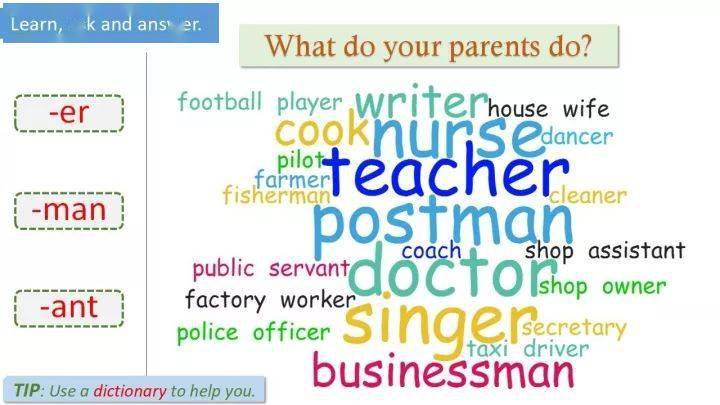### What Does Charge Off Mean on a Loan: Understanding the Implications and Consequences
When it comes to managing personal finances, understanding the terminology related to loans is crucial. One term that often raises questions is **what does……
When it comes to managing personal finances, understanding the terminology related to loans is crucial. One term that often raises questions is **what does charge off mean on a loan**. A charge-off can have serious implications for your credit score and overall financial health. In this article, we will delve into what a charge-off means, how it affects your loans, and what steps you can take if you find yourself in this situation.
#### What is a Charge-Off?
A charge-off occurs when a lender decides to write off a loan as a loss because the borrower has failed to make payments for an extended period, typically around 180 days. This does not mean that the borrower is no longer responsible for repaying the debt; rather, it indicates that the lender has given up on collecting the debt through regular means. Once a loan is charged off, it is usually sold to a collections agency, which will then attempt to recover the owed amount.
#### The Impact on Your Credit Score
One of the most significant consequences of a charge-off is its impact on your credit score. A charge-off is reported to the credit bureaus and can remain on your credit report for up to seven years. This negative mark can lower your credit score significantly, making it difficult for you to obtain new loans or credit cards in the future. Lenders typically view a charged-off account as a sign of financial irresponsibility, which can lead to higher interest rates or outright denial of credit.

#### What Happens After a Charge-Off?
After a loan is charged off, the lender may still pursue the borrower for repayment. This can involve sending the account to a collections agency, which will attempt to collect the debt through various means, including phone calls, letters, and even legal action. It’s important to note that even if the debt is sold to a collections agency, the original lender may still retain some rights to collect the debt.
#### Steps to Take If You Face a Charge-Off
If you find yourself facing a charge-off, there are several steps you can take to mitigate the damage:

1. **Communicate with Your Lender**: If you are struggling to make payments, it’s crucial to communicate with your lender as soon as possible. They may offer options such as payment plans or deferments to help you avoid a charge-off.
2. **Understand Your Rights**: Familiarize yourself with your rights under the Fair Debt Collection Practices Act (FDCPA). This law protects you from abusive practices by debt collectors.
3. **Negotiate a Settlement**: If your account has already been charged off, you may have the opportunity to negotiate a settlement with the collections agency. They may be willing to accept a lower amount than what is owed to close the account.
4. **Monitor Your Credit Report**: Regularly check your credit report to ensure that all reported information is accurate. If you notice any discrepancies, you can dispute them with the credit bureaus.

5. **Work on Rebuilding Your Credit**: After a charge-off, focus on rebuilding your credit by making timely payments on any remaining debts, using credit responsibly, and considering secured credit cards to help improve your credit score over time.
#### Conclusion
Understanding **what does charge off mean on a loan** is essential for anyone navigating the world of personal finance. A charge-off can have lasting effects on your credit score and financial future, but with proactive steps and informed decision-making, you can work towards recovery and stability. Always remember to communicate with lenders, understand your rights, and take action to rebuild your credit after a charge-off. By doing so, you can regain control over your financial situation and pave the way for a more secure financial future.